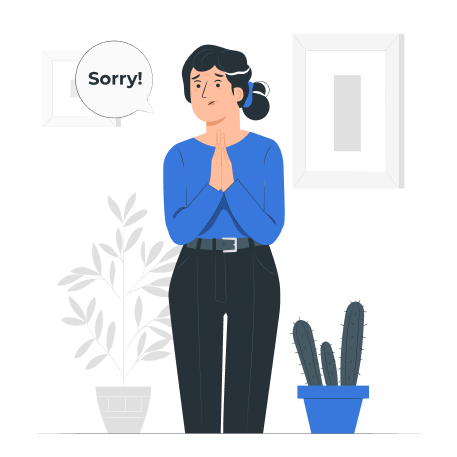Description
The TED-Ed lesson “Ethical dilemma: Would you lie?” by Sarah Stroud explores a thought-provoking scenario that raises deep moral questions about honesty, trust, and respect. The story begins with a simple situation: you arrange a blind date between two friends. One of them, Carey, is always late, while the other, Emerson, values punctuality. To prevent frustration and ensure the meeting goes smoothly, you tell Carey that dinner begins at 6:00 p.m. instead of 6:30. As a result, both arrive at the same time, and the date starts without awkwardness. At first glance, the small lie seems harmless—even beneficial. Yet this case highlights a broader ethical dilemma: is it ever acceptable to lie, even for good reasons?
The video introduces two influential philosophical perspectives. From a Kantian (deontological) viewpoint, lying is always wrong because it violates a universal duty to tell the truth and undermines moral integrity. In contrast, utilitarianism, linked to John Stuart Mill, argues that lying can sometimes be justified if it produces the greatest overall happiness or prevents unnecessary harm.
The lesson also discusses the idea of paternalistic lying, where deception is used with the intention of helping others. While the intention may be positive, it risks being disrespectful and diminishing the other person’s autonomy. After all, even small lies may carry hidden consequences.
By presenting this everyday moral puzzle, the video encourages viewers to reflect on their own choices. Should honesty always be the guiding principle, or are there situations where outcomes matter more than strict truthfulness? Ultimately, the lesson challenges us to consider not only what we believe about lying, but also how our decisions affect trust, respect, and relationships in the long term.

